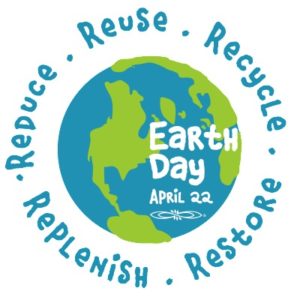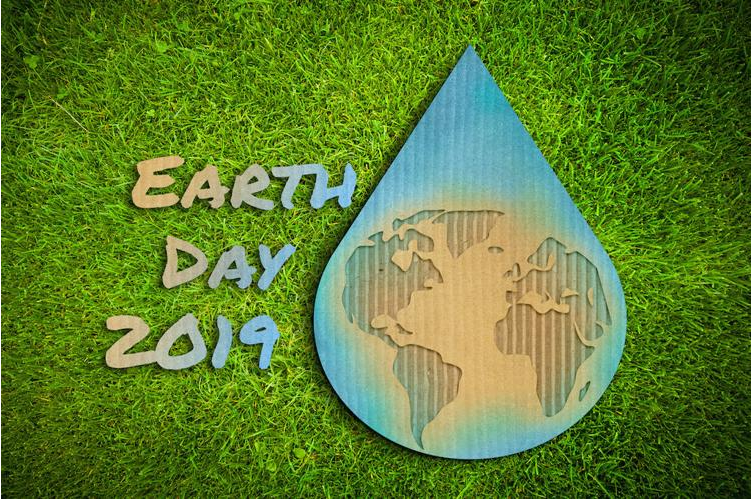 Former US Senator Gaylord Nelson (D-WI) conceived this day of awareness in the late 1960s as an enlightened response to carefree pollution all over America.
Former US Senator Gaylord Nelson (D-WI) conceived this day of awareness in the late 1960s as an enlightened response to carefree pollution all over America.
The country celebrated its first Earth Day on April 22, 1970. The environmental practices it inaugurated have become routine and universal, so much so that the symbolic replenishing of Earth’s natural resources (e.g., by planting trees) now seems trite, if not contrived.
Granted, to hear all the alarmist talk about climate change, you’d think it was Al Gore who transformed public consciousness in this regard only years ago. This, because of the remarkable success of his one-man crusade to spread the gospel of his environmental bible, Earth in the Balance.
But this celebration of, and deference to, Earth’s natural wonders should be distinguished from Gore’s convenient truths about climate change. Hailing from the Caribbean as I do, I found particularly irresponsible his alarmist claim about a melting Antarctica or Greenland causing a sea-level rise of up to 20 feet in the near future.
But that was over 15 years ago. So needless to say, if Gore knew what he was talking about, The Atlantis would not be a luxury resort in The Bahamas. Instead, it would be part of a cemetery spanning the Caribbean Sea – where the Bahamas and so many other island nations used to be.
Earth Day ushered in conservation and greening trends that have led to cleaner air, more potable (lead-free) water, and a much less polluted environment; whereas, for all his prophesying, Gore has had no impact.
Nobel Peace Prize-winner Al Gore said in an interview published Monday that there had been no improvement in the fight against climate change since his Oscar-winning film on the issue was released.
(Agence France-Presse, April 20, 2008)
 In any event, representatives from 194 countries marked Earth Day in 2016 by gathering at the United Nations in New York to sign the landmark Paris Climate Accord.
In any event, representatives from 194 countries marked Earth Day in 2016 by gathering at the United Nations in New York to sign the landmark Paris Climate Accord.
As CNN reported, scientists hailed this agreement as the “world’s biggest leap forward in climate change policy in history.” It committed the world to ending our dependence on fossil fuels by the end of this century, which would limit global warming to “well below 2 degrees Celsius above preindustrial levels.”
Past being prologue, I feared that getting each country to ratify this agreement, to say nothing of getting each to abide by its terms, would devolve into a terminal winter of discontent. I delineated my abiding doubts in “Paris Talks on Climate Change to Avert an Apocalypse? Hardly…,” December 2, 2015.
The United States is competing with China to be the world’s biggest polluter. This is why I thought my cynical fears would come true when President Trump made such a show of withdrawing the United States from the Paris accord. But I was exceedingly heartened when governors like Jerry Brown of California and philanthropists like Michael Bloomberg began filling the breach.
Former New York City Mayor Michael Bloomberg says he will pay $4.5m (£3.2m) to cover some of the lapsed US commitment to the Paris climate accord.
He said he had a responsibility to help improve the environment because of President Donald Trump’s decision to pull out of the deal.
(BBC, April 23, 2018)
In fact, thanks to public-private partnerships across the country, Trump’s boneheaded decision is having little to no effect. And, thanks to those partnerships, it will hardly matter when AOC’s Green New Deal turns out to be little more than hot air.
Related commentaries:
Paris talks…
Save the planet…
green new deal...
